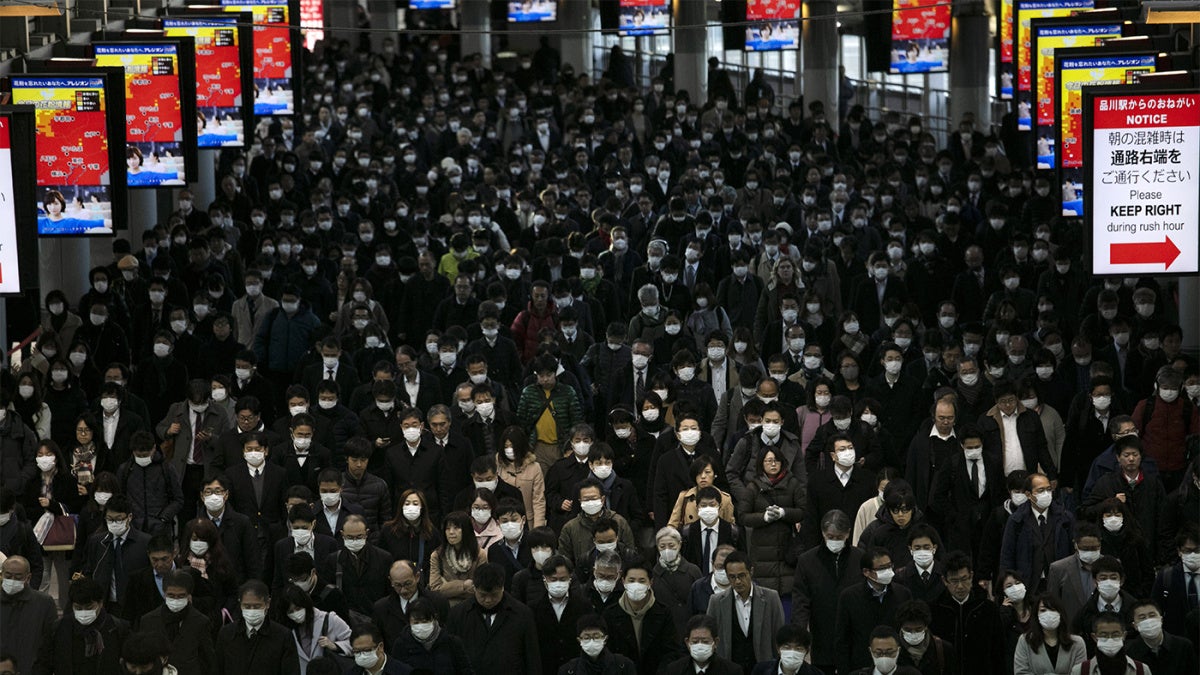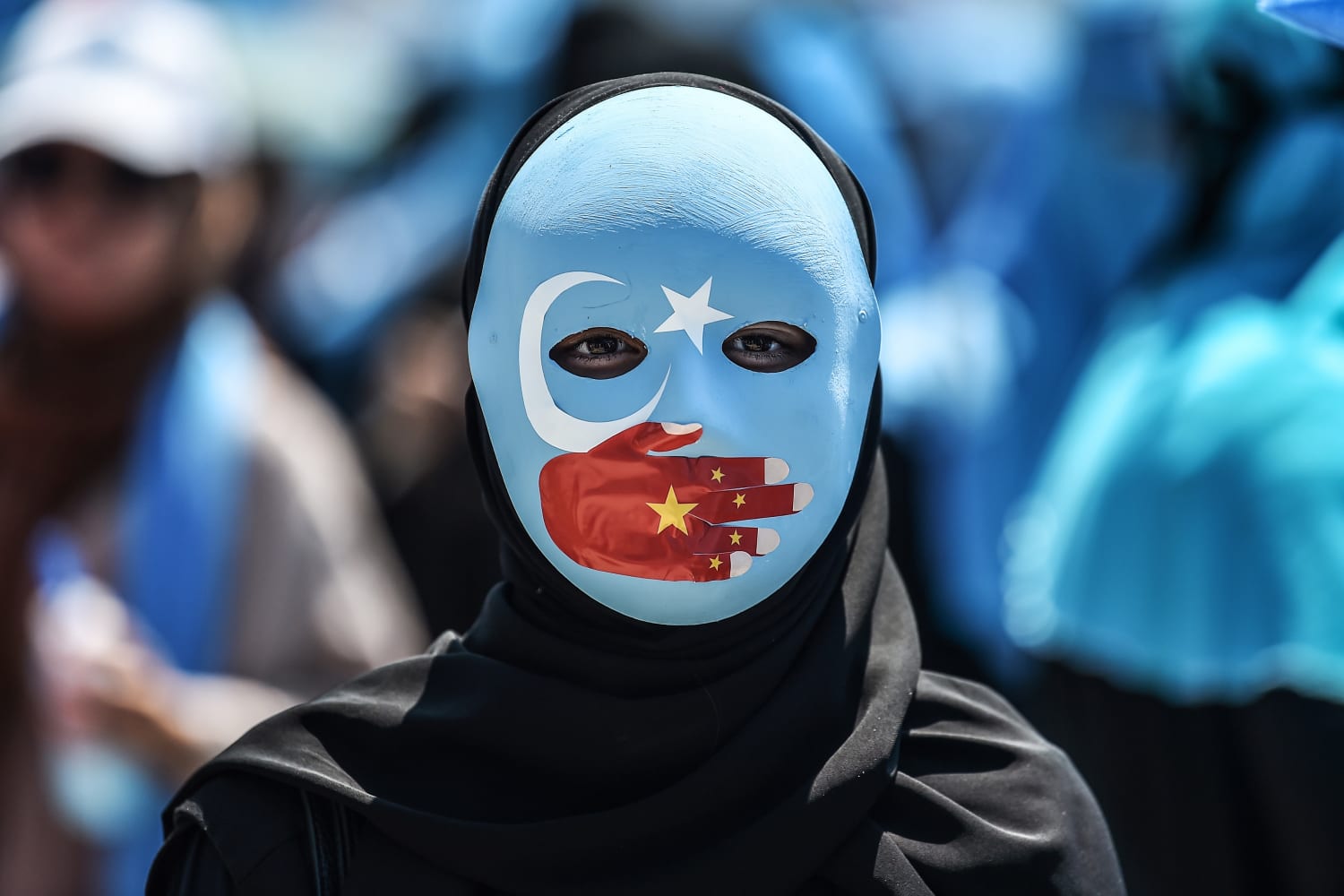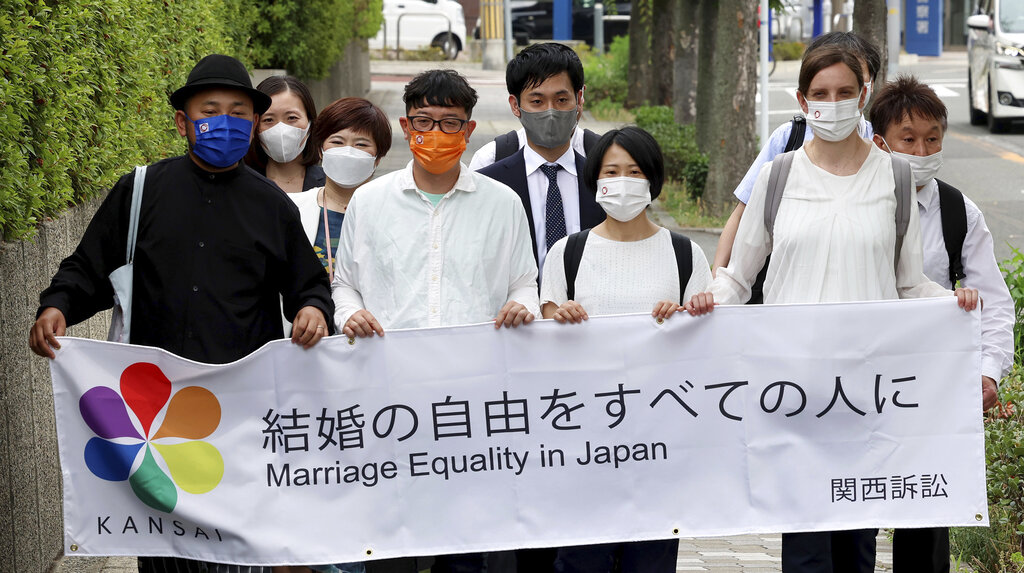
International humanitarian law failed in the Rwandan genocide because civilians were directly targeted in the violence which is a violation of humanitarian laws. Personally, I think the question of whether or not the US should have intervened in Rwanda is tricky one, because on the one hand, their intervention could have minimized casualties and saved lives, however, we have also seen time and time again that US intervention often causes more harm then good.
Humanitarian law is a set of internationally agreed upon rules that aim to limit the effects of armed conflicts by attempting to set boundaries to war that protect the human rights of all those involved. Japan’s constitution upholds these humanitarian laws and has continued to make significant and constructive contributions towards the establishment of the rule of law. Although there have been no genocides within or perpetuated by Japan, there have been two significant massacres. The first one was the Kantō Massacre which occurred in 1923 when Japanese military, police and vigilantes committed the mass murder of Koreans living within the Kantō region. The second one, known as Nanjing Massacre or the Rape of Nanjing, happened on Chinese soil, but was perpetrated by Japan. This six-week mass murder of Chinese civilians in Nanjing is considered one of the worst atrocities committed during World War II. In both instances, the Japanese government attempted to hide the true scale of atrocities committed, and tensions between Chinese citizens, Korean citizens, and Japanese citizens continue to run high.
Fundamental human rights are formally protected under Chapter III of the Japanese Constitution and the wording of these articles are very similar to the wording with the UDHR. However, there is no law within the constitution that prohibits discrimination based on one’s racial, ethnic, religious, sexual or gender identity.
Sources:

 International humanitarian law is defined by the international red cross as a set of rules which seek, for humanitarian reasons, to limit the effects of armed conflict. It protects persons who are not or are no longer participating in the hostilities and restricts the means and methods of warfare. International humanitarian law is also known as the law of war or the law of armed conflict. China has agreements in place,
International humanitarian law is defined by the international red cross as a set of rules which seek, for humanitarian reasons, to limit the effects of armed conflict. It protects persons who are not or are no longer participating in the hostilities and restricts the means and methods of warfare. International humanitarian law is also known as the law of war or the law of armed conflict. China has agreements in place, 


 So ethnocentrism
So ethnocentrism  committee and to allow the state security police to investigate all candidates before they run for election. There is also a huge amount of censoring from websites to movies to apps, China is restricting the amount of information allowed in.
committee and to allow the state security police to investigate all candidates before they run for election. There is also a huge amount of censoring from websites to movies to apps, China is restricting the amount of information allowed in.